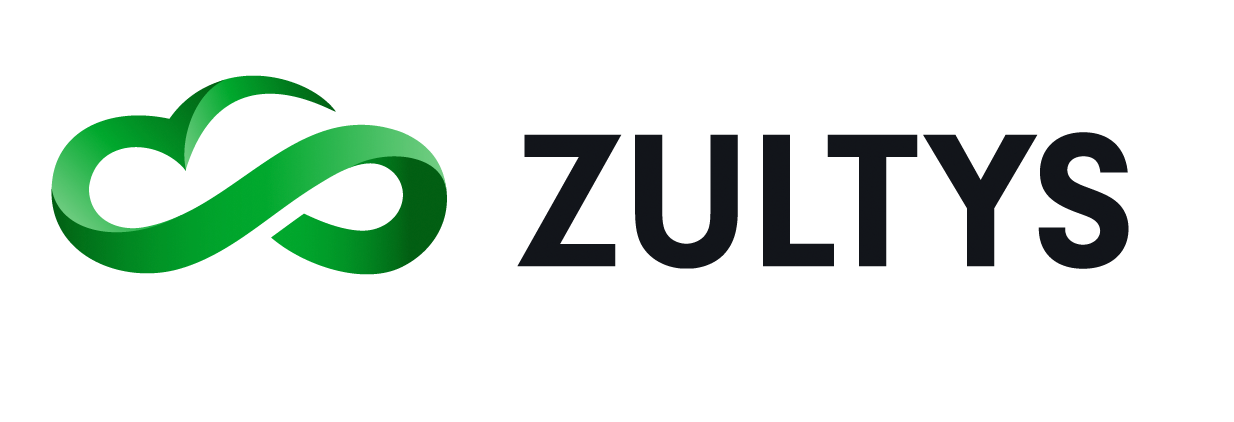This article was first published by ChannelVision Magazine. You can view the original post here.
Demand for unified communications (UC) in healthcare is on the rise to support remote and hybrid work models, in-home care, and real-time collaboration between clinical and administrative teams.
The healthcare market presents a significant opportunity for partners to expand their UC offerings, but it comes with strict compliance requirements and unique customer expectations. One of the most important considerations is Health Insurance Portability and Accountability Act (HIPAA) compliance, which is often a dealbreaker for healthcare companies.
Read on for a quick overview of HIPAA compliance in UC, and how Zultys empowers partners to sell in the highly regulated healthcare industry.
HIPAA: A Quick Overview
HIPAA was enacted in 1996 to govern the use and disclosure of protected health information (PHI). Regulated by the Department of Health and Human Services (HHS), HIPAA establishes administrative, technical and physical standards to protect individually identifiable information – both in transit and at rest.
The regulation applies to medical practices, healthcare facilities and third-party organizations that process, handle, transmit or store sensitive health data. HIPAA violations can lead to civil or criminal penalties, including hefty fines, legal action and even jail time for intentional or malicious offenses.
It’s important to note that HIPAA is an evolving framework. Over the years, it has undergone both major and minor updates. The most recent proposed changes impact the HIPAA Security Rule, with potential revisions expected in late 2025 or 2026.
How HIPAA Applies to Unified Communications
In a healthcare setting, UC systems may store or transmit a wide range of PHI including call detail records (CDRs), voicemail messages, instant messages, faxes, and call recordings. This sensitive data may originate from patients, healthcare professionals, or administrative staff.
As a result, communications systems must implement safeguards to protect sensitive information in transit and at rest. When a UC system is HIPAA-compliant, it means that the platform aligns with the latest HIPAA standards – making it safe to deploy in a regulated healthcare environment.
Benefits of Selling HIPAA-Compliant UC Solutions
HIPAA compliance is complex and involves a wide range of requirements across people, processes and technology.
As a partner, it helps to have a working understanding of HIPAA to answer questions for customers and move deals forward. But the good news is you don’t need to be an expert in this field. By working with a HIPAA-compliant UC vendor, you can deliver secure solutions with confidence while relying on their expertise and support.
This can lead to the following benefits:
- Shorter sales cycles: Selling compliant, vendor-backed UC solutions can lead to faster sales with fewer objections from buyers.
- Stable, recurring MRR: UC is typically sold in three- to five-year contracts, providing consistent monthly revenue and strong renewal potential.
- Trust and credibility: Delivering HIPAA-compliant UC for healthcare solutions can help establish vertical expertise and customer trust – opening the door to future sales in connectivity, cybersecurity and AI.
Installing partner companies can also become HIPAA-compliant themselves, unlocking a unique competitive advantage over non-HIPAA-compliant competitors. To learn more about becoming a HIPAA-compliant company, visit hipaatraining.com.
How Zultys Ensures HIPAA Compliance
Zultys can support HIPAA compliance requirements for customers, whether the system is supported by an installing Zultys-authorized, HIPAA-compliant partner or for ZCS systems supported directly by Zultys — for selling partners who are not HIPAA-compliant themselves.
The Zultys Cloud Services product can be sold as a fully HIPAA-compliant hosted UC solution managed in its data centers. The company follows the highest standards to ensure confidentiality, availability and integrity of PHI for clients and patients.
These standards include:
- Physical safeguards such as access log reviews, disaster recovery and business continuity testing and strict access controls.
- Technical safeguards including periodic vulnerability assessments, secure data destruction procedures, logical access restrictions and system audit controls.
- Administrative safeguards such as incident reporting protocols, workforce termination policies, employee training, workstation usage guidelines and secure storage policies.
- 24×7 monitoring and immediate incident response.
- Daily backup for all customer data including configuration, call recording, CDRs and faxes.
HIPAA compliance is a shared responsibility between Zultys, Partners, and customers. Zultys provides the safeguards and tools, but compliance ultimately depends on proper usage, policies, and training. In any HIPAA-compliant deployment, end users always remain responsible for implementing administrative, physical and technical safeguards at their local sites. Healthcare customers also require business associate agreements (BAAs) as a condition of sale. Zultys can execute BAAs directly with end-customers, saving agents time and streamlining the sales process.
For all inquiries related to HIPAA compliance requirements or system configuration, please contact Zultys at hipaacompliance@zultys.com.
Looking for additional insights? Zultys recently hosted a webinar explaining what agents need to know about HIPAA compliance. Channel Partners can reach out to their Zultys Regional Sales Manager to gain access and better understand how offering HIPAA-compliant solutions can grow their business in highly regulated industries.








